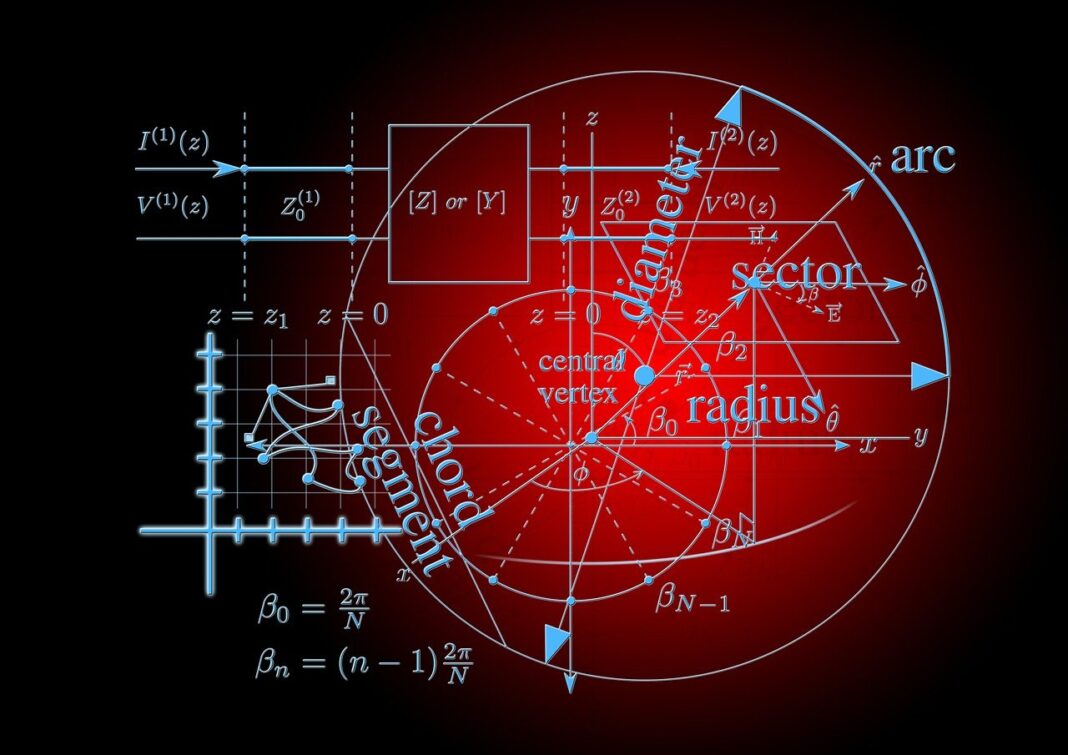Table of Contents
Ph.D Mathematics
Ph.D Mathematics is an exciting and varied degree that can open up a lot of opportunities for students. The study of mathematics makes you better at solving problems. It gives you skills that you can use across other subjects and apply in many different job roles.
Ph.D Mathematics is typically taught through a combination of lectures and seminars, with students spending a lot of time working independently to solve problem sets. Assessments vary depending on the institution; you may be assessed based on examinations, practical coursework, or a combination of both.
Pre-requisites of Ph.D Mathematics
Pre-requisites for a Ph.D degree vary with institutions. Some universities accept students with a Bachelor’s degree in Mathematics, Statistics, or a closely related subject. However, more competitive programs require a Master’s degree in Mathematics, Statistics, or a closely related subject.
Applicants are required to have studied some or all of the following: further mathematics, pure mathematics, mechanics, and complex numbers. Experience in studying other scientific subjects may also be welcomed and can help provide an additional dimension to your studies. Candidates would also need letters of recommendation, GRE scores, a detailed resume.
Time required for Ph.D Mathematics
Most Ph.D Mathematics will require you to first register for an MPhil. At the end of your first year, your supervisor will assess your progress to decide whether you should be registered for a Ph.D.
The average program duration for a Ph.D Math is 3 to 4 years for full-time studying. Some universities also offer part-time study options, the typical program duration for part-time students extends to 5 – 7 years
How much does it cost?
For U.K. students, the tuition fee for a Ph.D Mathematics varies between £3,000 to £6,000 per academic year. However, for international students that now include the E.U., the program cost is £19,596.
The cost of Ph.D in the USA can vary between $28,000 to $40,000 per year, but many students can get funding for much, or all, of their studies as most Ph.D. programs, are fully funded with tuition stipend support. In the U.S., Tuition support includes health insurance.
Course Structure and Content
Ph.D Mathematics provides a broad background in mathematics and mathematical sciences. Students choose their major concentration from three options:
- Pure Mathematics,
- Applied Mathematics,
- Probability, and Statistics.
Popular Ph.D Mathematics specialization topics include:
- Analysis and Differential Equations: research areas include complex analysis, exponential asymptotics, functional analysis, nonlinear equations, dynamical systems, and integral systems.
- Algebra and Number Theory: Research can focus on the expression of quantities and their relationships employing symbols, vectors, matrices, and equations, and the properties of integers.
- Geometry and Topology: Geometry and topology provide an essential language describing all kinds of structures in Nature. Research areas include algebraic, differential geometry, and geometrical structures. Other areas are Low-dimensional, equivariant, and combinatorial topology.
- Financial Mathematics: This is one of the fastest-growing research fields in applied mathematics. Research areas include pricing models for exotic options, the development of pricing algorithms for complex financial derivatives, credit derivatives, risk management, stochastic analysis of interest rates, and related models.
- Probability and statistics: Probability and statistics involve probability theory, stochastic processes, mathematical and computational statistics, optimization, econometrics, operational research, financial and insurance mathematics.
Career opportunities for Ph.D Mathematics
There are numerous Ph.D Mathematics programs at excellent universities across the globe. With a Ph.D mathematics professionals have fantastic career opportunities in academia, research, engineering, economics, government, and other public and private sector jobs.
The most common career paths Math Ph.D Mathematics take in academics – teaching undergraduate and graduate students at a university. Others continue researching with their University or with an independent organization. It is a popular path because of the opportunities it provides in collaborative working, supervising others, undertaking research and attending conferences, etc.
Some students whose research involves computational mathematics launch their careers as computer programmers. Those who enjoy number crunching and developing complex models go into data analytics. It involves various niches such as forecasting or optimization across multiple fields such as marketing and weather.
Because of their deepened analytical skills, it’s no surprise that many mathematicians choose a career in finance. It involves working for some of the most significant players in the financial district in prime locations. Specific job titles can include Actuarial, Ratio analysis, Investment Analyst, or Risk Modeller.
Read also: Ph.D physics


















